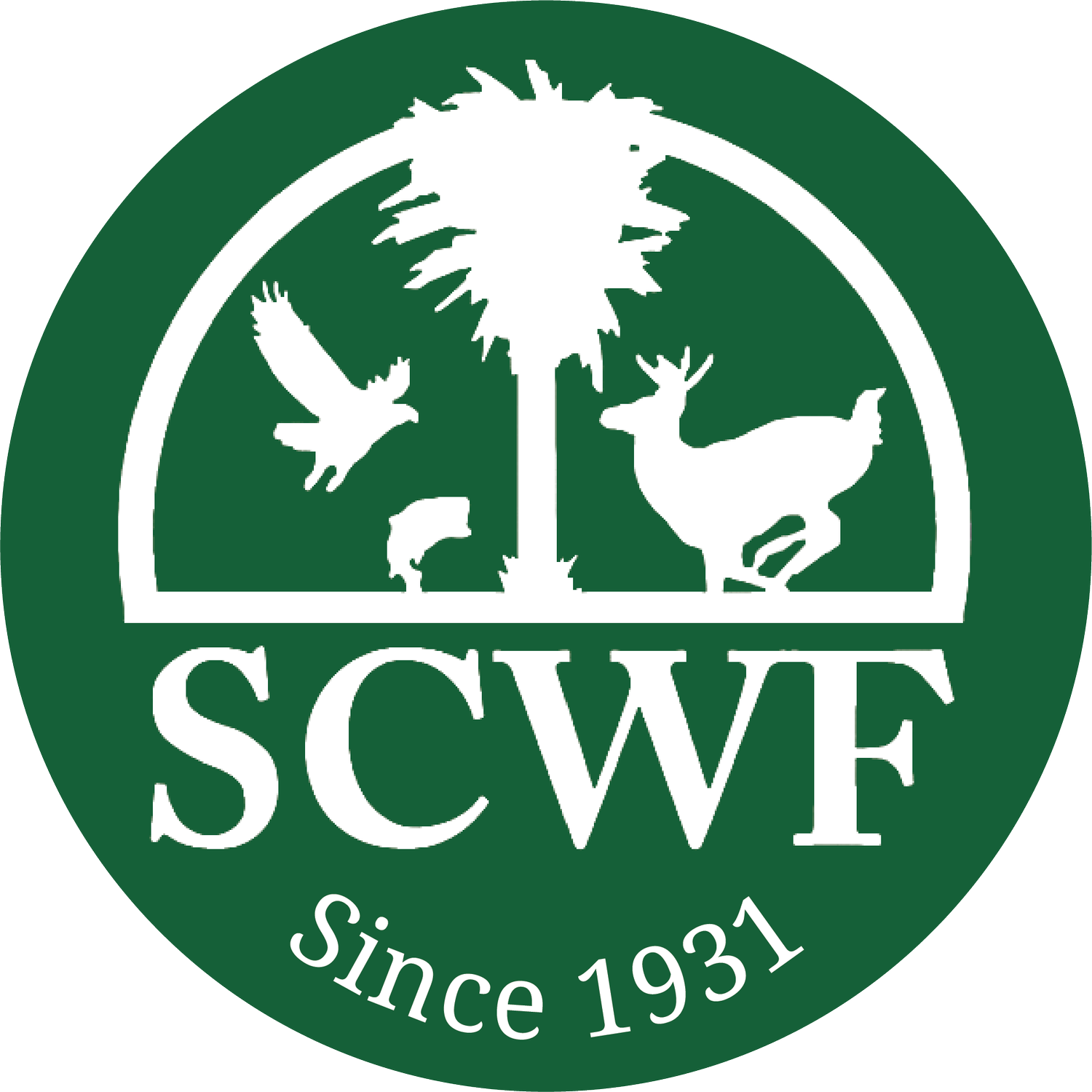2023 Milkweed for Monarchs Project a resounding success!
We are thrilled to announce the mailing of 5,000 packets of native milkweed seeds to SC residents, thus completing the 2023 Milkweed for Monarch Project! We were able to send these packets completely free of charge thanks to the sponsorship of Wells Fargo. This project was a huge success due to the statewide support of South Carolina residents and the dedicated volunteers who gave their time and expertise to hand-mix seeds and prepare each packet for mailing.














